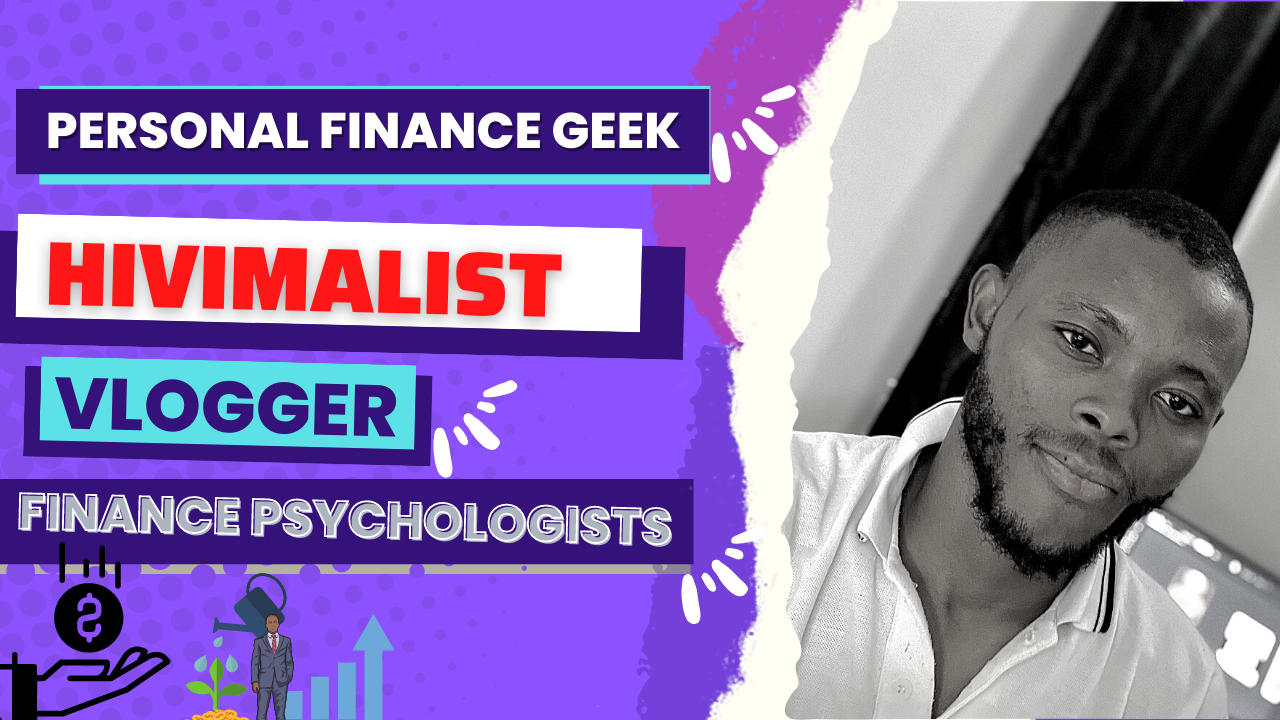
Someone from college texted me a while ago and asked how I was doing; at first glance, I would have told them I was fine, but because they had been checking in on me far too frequently, I opened up and told them everything.
I believe this person is already aware that things have not gone well. I have completely disappeared from all social media, and I have been incommunicado and nearly unreachable for over a year now. We find it quite formal to tell people that everything is fine; sometimes asking people if they are okay is done for formal reasons.
I recently read a post from someone in the UK who said that people there are used to asking others if they are okay, and they do this out of courtesy rather than because they truly want to help; it felt funny, but it is actually painful.
People have a lot of courtesy to give, regardless of the circumstances.
We sometimes greet people simply because it is customary to do so, rather than because it is genuine. Salutations are proper ways to acknowledge people; there is no love there, only normalcy and cliches. It is the same way we frequently respond to these cliches.
Most of the time, we find the appropriate responses to cliche questions while searching deep within for answers to the things that truly bother us.
Formal Answer/Forma Question
However, I have not been overly formal in answering the "how are you" questions. What I mostly do is distinguish between those who are sincere and those who are not and provide appropriate responses. In reality, no one wakes up every day to answer questions about their problems, which is why people are literally going through it and trying not to make others feel sorry for them. We can usually tell the difference between *empathy and pity," and most people only give the latter because they do not know how to do the former.
There is nothing wrong with answering "I am fine" to the question "how are you?" I believe it saves you a lot of pity and unnecessary emotional expressions. There are straight answers to straight questions, and understanding this is how we usually navigate life alone through some never-ending struggles.
Life is difficult, but we can not always express how difficult it is at every opportunity, so we try to persevere. It is easier to give up when we can not go any further, but that does not mean it is any less difficult.
However, there are times when we need someone to rant to, not because they will help us, but because we know they have listening ears. I have had people tell me about their financial problems, and while I would not necessarily solve them, I would listen and offer them words of encouragement. In reality, everyone needs listening ears to stay sane, and we all need motivation to keep going in the rat race of life. We require toughness to navigate unfairness, frailty, and weekness. Many people would go insane if they did not have people to vent their feelings to, and unless they find a truly deeper sense of belonging, we do not always have the extra energy.
The world lacks empathy; you need specific people to emit that empathy; otherwise, the world is toxically unfair.
I was at the hospital a few days ago to have some tests done, and it was uncomfortable because the lab technicians chose to ask me strange questions. I had already told them about my condition, and the fact that they continued to ask those strange questions demonstrated their lack of empathy. It is simple: we can not win wars we did not fight; it is simply alien to them. There are battles we cannot understand simply because we have not fought them, and it is sometimes easier to be indifferent to things we do not know.
It is a trait that most of us share. As I previously stated, we cannot win wars that we have not fought, nor can we pass exams for courses in which we have not enrolled. Empathy is a character trait we develop by fighting our own insane wars, and being victorious in battles gives us the emotional capacity to understand to some extent the battles that others are fighting.
I have made a lot of mistakes in life, and unfortunately, I have learned the hard way. Most people will learn their lessons the hard way, particularly when it is too late. However, I am glad I have realized some of the lessons. I have needed a lot of decluttering for a long time, and it took learning painful lessons to realize this, but that is where faith and God comes in.
Interested in some more of my works
Is it Easy To Make Money?
Nigeria: A Unique Business Market & Industry
Virtual Bank Apps In Nigeria: An Experience Of Gamification
How To Find The Next "BIG" Meme Coin
Personal Finance: Achieving Intentional "Saving" Goals
Playing The Survival Game: Human Nature In Introspection
"Un-PAYING" The Debt You Owe

Posted Using InLeo Alpha